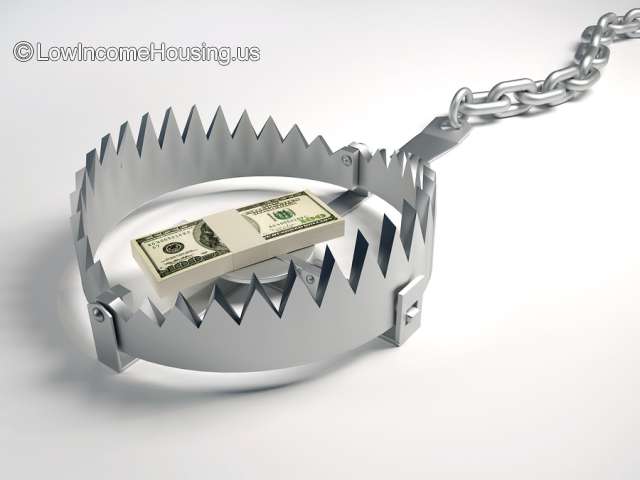The Truth About Pay Day Loans
- Comments
- Share
Borrower Beware! Pay day loans will probably hurt more than help.
You have just experienced your very first financial emergency. You need cash fast to cover the damages you have just experienced and the only option that makes sense is a pay day loan. You are weary as you have never had to take on a loan of these sorts and you wonder if the ramifications of such a loan will hurt you down the road with these short-term conditions. Pay day loans can carry a scary term that often will shy consumers away from using them. If you have no other option; it is the route you must travel. Below you'll learn all you need to know about a pay day loan and what opening up a loan of these sorts will do for you from a financial perspective.
A pay day loan is a type of loan that involves a charge that the buyer must pay when paying back the loan amount. These charges range anywhere from $10-$20 per $100 borrowed. For example, if you borrow $500 you can expect to pay about $575 once the loan period has expired. Another factor that these loans carry is that they are afforded across short-term periods. Most lenders will have a loan payoff period that will last about 2-4 weeks. Not paying the loaned amount, with the attached lender fee, on time will prove to be extremely costly for the individual.
Paying the lender is done via a personal check and sometimes with a credit hold (credit hold qualifications will vary across lenders). The individual writes a check for the amount the lender charges after fees and then the credit you need will be applied to your bank account or credit/debit account so you can pay for the damages you have just encountered. As mentioned previously the terms of loan will usually last anywhere from 2-4 weeks. These loans carry much larger APR fees if not paid on time. If you own a credit card and you have any doubts about paying your loan back in time, go the credit card route instead.
There are benefits to accessing these kinds of loans. Pay day loans do not carry a credit check with them so if you are in need of money before an upcoming payday these loans can be beneficial to unexpected medical bills or other untimely emergencies. You also are not required to have a credit card or a savings account to fill for these particular loans, which allow for an instant acceptance and instant cash in a time of need.
Pay day loans usually involve some form of attached usury laws. These laws sometimes will ban pay day loans in certain states or regions, but these companies can get around these laws by partnering with banking and financial institutions. Before agreeing to the terms of a loan be sure to read the fine print attached with the loan agreement. In some instances states will require a fixed amount that a pay day lender can charge for fees and overages. Regulations are also set in place for a particular amount that one can borrow at a given time. Do your research before borrowing from any lender.
The ball is now in your court. You now know a bit about these loans and how they can affect you on a financial basis. If you are able to, locate additional options that you may have at your disposal. If you own a credit card check the late fees and APR fees. If these fees come out to less than that of a pay day loan, go this route instead. A late fee from a credit card company will often be less than that of a pay day loan. If your credit history is your main concern, weigh your options and really think about the money you are looking to borrow before you commit to doing so. All pay day loans involve a strict contract that can be difficult to get out of if you are behind on your payments. Be smart and use your resources accordingly.
